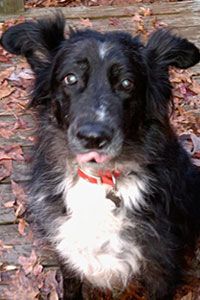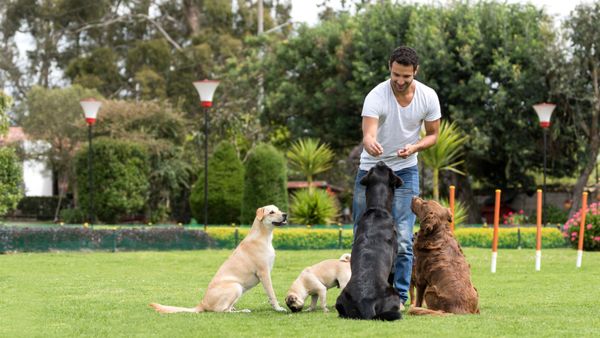As parents, we do our best to give our kids every opportunity to grow, mature and become independent when they're ready. But all the toys and education in the world can't take the place of the lessons that can be learned from a furry friend. Dogs have a natural ability to love unconditionally and are walking demonstrations of how kids should treat other people. Of course, it's not a good idea to run around sniffing the bottoms of others, but greeting people with a smile and an open mind is just one of the many life lessons that children can pick up from a canine companion.
In more practical terms, getting a pooch is the perfect opportunity to teach your kids about caring for another living being. The dog will be a constant reminder of the importance of food, water and daily exercise. Their new furry friend will also help your children understand that every cognizant creature needs love and affection.
Advertisement
If owning a pup is so great, then why doesn't every family have one? The answer often comes down to responsibility. Dogs require a tremendous amount of care, attention and money. If your family is up to the challenge, don't just head out to purchase a pet on a whim. Take some time to figure out what you and your family want in a dog. It's nearly impossible to find a pooch without any flaws, but you can take steps to find a breed that'll fit in nicely with your expectations.
Next, we'll talk more about dog breed features that you'll want to mull over before picking out your pup.
Advertisement



